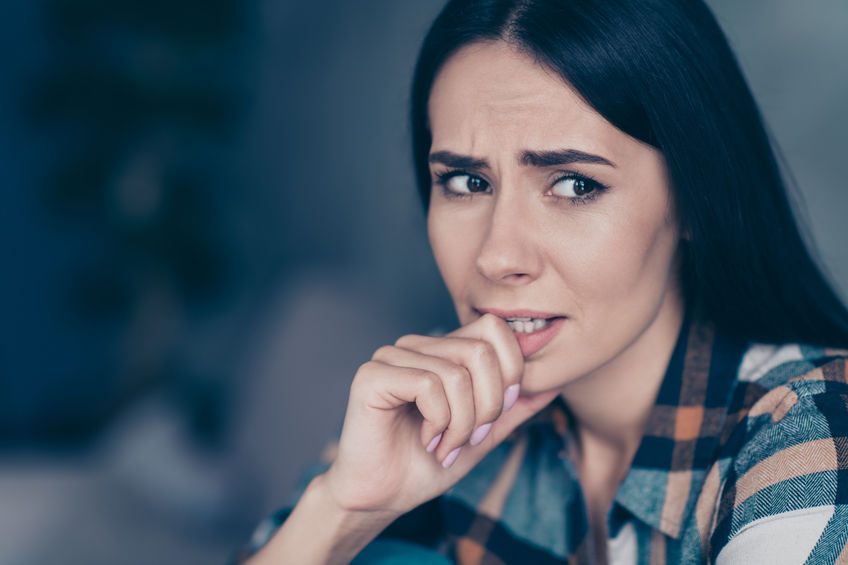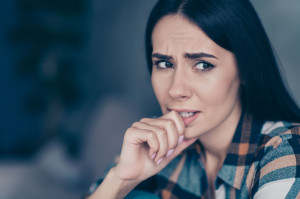
 It’s completely normal to experience cravings on your recovery journey. As you probably know, addiction doesn’t just shut off once you decide you want to give up a particular substance. It takes time, effort and know-how to get where you want to go. Of course, the first step is acknowledging there is a problem, but once you’re on that road, you also need to be ready to handle the strong cravings that can pop up.
It’s completely normal to experience cravings on your recovery journey. As you probably know, addiction doesn’t just shut off once you decide you want to give up a particular substance. It takes time, effort and know-how to get where you want to go. Of course, the first step is acknowledging there is a problem, but once you’re on that road, you also need to be ready to handle the strong cravings that can pop up.
It may feel like cravings arise out of nowhere, but oftentimes there are things that trigger the urge to use. It may be that you’re simply feeling bored or maybe you’re dealing with stress. It could also be a certain environment you’re in or a person you’re around. There are many things that can prompt these cravings to come on.
So, it’s important to know what triggers them. Think carefully about when your cravings pop up and what you were doing, where you were or who you were around. This can help you be better prepared for the future. If you know what triggers your cravings, you can potentially lessen them by avoiding certain situations. You can also develop a plan for when the craving hits in a particular situation.
Make sure you know ahead of time what you’ll do if a craving hits you. You may want to write this down, along with reminders about why you want to stay on the road to recovery. That way you can pull out this list anytime you’re struggling. Better yet, add a phone number for a person you can call when you need additional support. Make it a habit to pull out this piece of paper anytime you need to remind yourself not to use.
Filling your time with positive things can help you reduce the risk of relapse too. If you’re busy, you’ll most likely have fewer cravings. Make time for regular exercise, participate in a hobby and stay in contact with people who are positive influences. Focusing on these positive things can help you avoid thinking about the substance. If you feel good emotionally and physically, it can also reduce the risk of relapse because you’ll be in a good state of mind.
Cravings are completely natural. Once you have acknowledged this, you can then prepare for when they’ll pop up. You can know what could trigger you and have a plan for when you feel these cravings. Remind yourself that it will pass. It may feel bad now, but it won’t last forever. You just need to get through the intensity and say “no” to the urge. If you do relapse, don’t look at it as an end to your recovery. Remember, you can get back up and keep moving toward your goal.